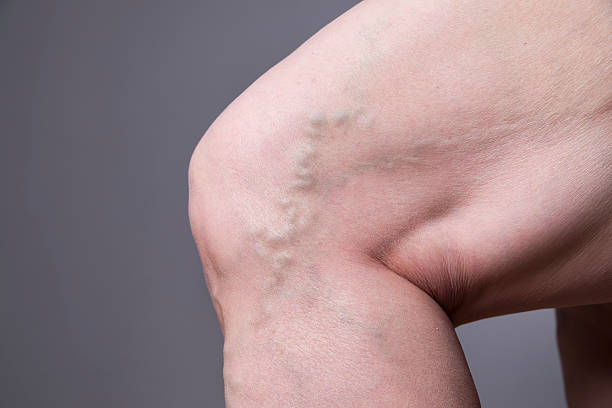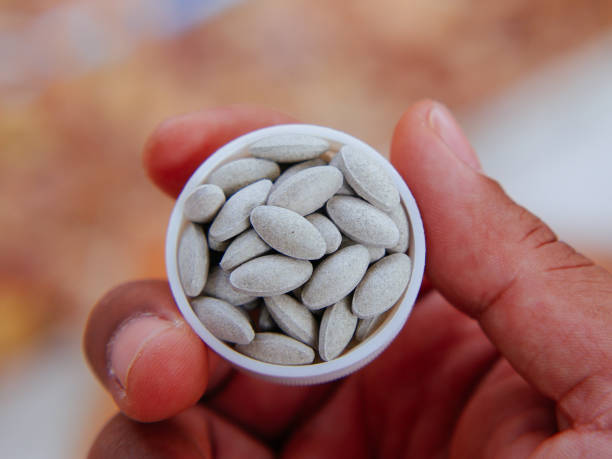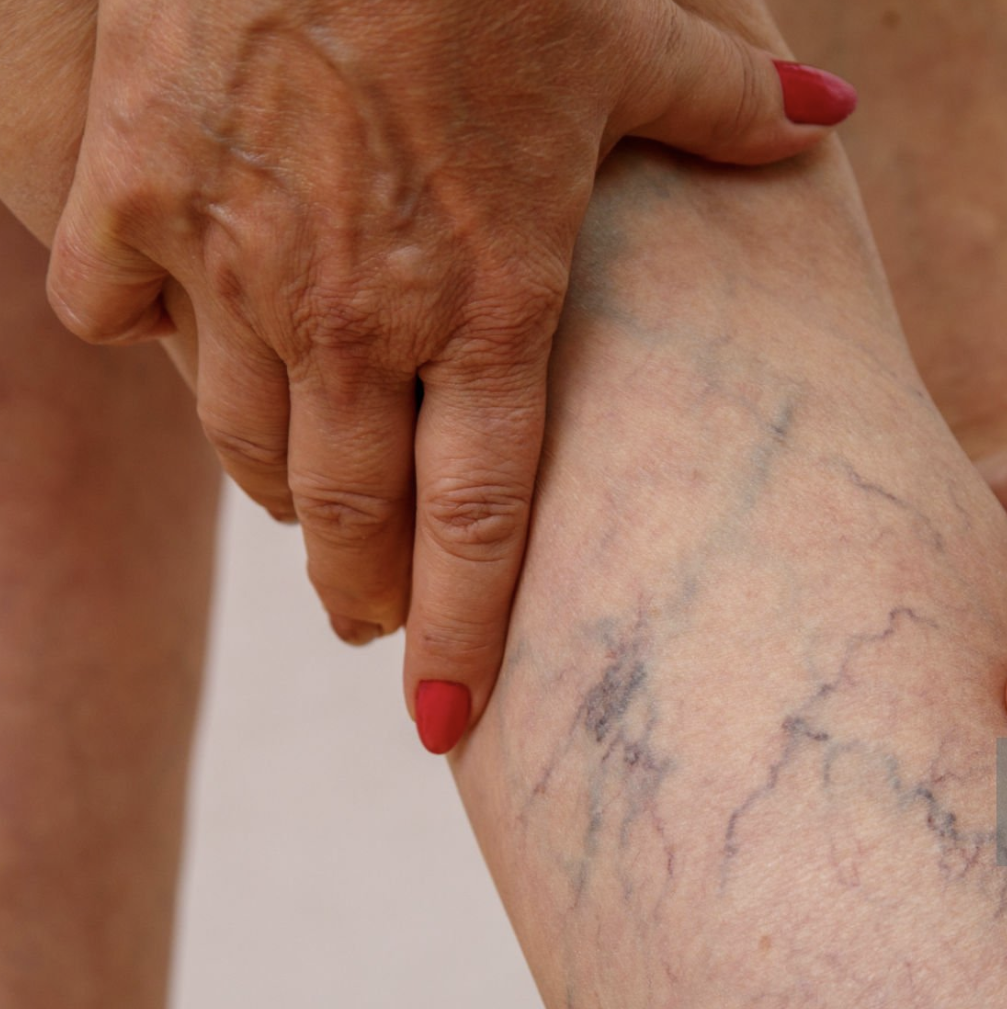Homeopathy
Homeopathic Medicine and its Benefits for Varicose Veins
Are you suffering from varicose veins and wondering if homeopathic medicine might help? Look no further as we investigate the efficacy of homeopathy in treating this prevalent disease. Varicose veins are swollen and twisted veins that typically appear in the legs and cause pain, discomfort, and suffering. While there are several therapeutic alternatives available, homeopathy has grown in popularity as an alternative.
Understanding Varicose Veins
Millions of individuals throughout the world suffer from varicose veins. They occur when the veins’ valves weaken or fail, allowing blood to pool and the veins to expand and twist. This might cause symptoms like soreness, swelling, and aching in the affected area.
While varicose veins may be a cosmetic issue for some, they can also cause severe discomfort and impair quality of life for others. Age, heredity, pregnancy, obesity, and extended standing or sitting all raise the chance of developing varicose veins.

What is Homeopathic Medicine?
Samuel Hahnemann invented homeopathy, a holistic medical method, in the late 18th century. It is founded on the premise of “like cures like,” which states that a chemical that generates symptoms in a healthy person can be used to treat comparable symptoms in a sick person. Homeopathic medicine are highly diluted compounds taken from natural sources like plants, minerals, and animals.
The purpose of homeopathy is to promote the body’s natural healing processes and restore balance. Homeopathic medicines are chosen based on the individual’s unique symptoms, as well as their general physical, mental, and emotional health.
How Does Homeopathy Medicine Work for Varicose Veins?
Homeopathy treatment for varicose veins seeks to treat the underlying causes of the illness while also alleviating its symptoms. Homeopaths think that it can strengthen vein walls, enhance blood circulation, and reduce inflammation, so relieving pain, swelling, and discomfort.
Homeopathic remedies for varicose veins are chosen depending on the patient’s specific symptoms. Aesculus hippocastanum, Hamamelis virginiana, and Pulsatilla nigricans are among the most commonly used homeopathic treatments for varicose veins. These therapies are thought to have qualities that increase venous circulation, alleviate pain and swelling, and promote healing.
Benefits of Using Homeopathy Medicine for Varicose Veins
One of the primary advantages of using homeopathy medicine for varicose veins is its comprehensive approach. Homeopathy considers the individual’s total health and well-being, including not only physical symptoms but also emotional and mental components. This personalized approach can result in a more comprehensive and tailored treatment plan.
Another advantage of homeopathic medicine is its mild approach. Homeopathic treatments are greatly diluted, thus they are safe and well tolerated by the majority of people, including children and pregnant women. They are also nonaddictive and do not have the same negative effects as traditional drugs.
Homeopathy medicine can also be used in conjunction with traditional varicose vein treatments such compression stockings, exercise, and lifestyle changes. It can supplement these approaches by providing additional support for symptom management and overall well-being.

Studies and Research on Homeopathic Medicine for Varicose Veins
While there is limited scientific evidence to support the efficacy of homeopathy treatment for varicose veins, several studies and research have yielded encouraging outcomes. A study published in the journal “Complementary Therapies in Clinical Practice” discovered that homeopathic treatment reduced the symptoms of varicose veins in a large number of people. However, more study is needed to validate these findings and establish a definitive link between homeopathy and varicose vein treatment.
It is crucial to note that people’s experiences with homeopathic medication can differ. While some patients report excellent outcomes and symptom improvement, others may not get the same benefits. This emphasizes the significance of speaking with a knowledgeable healthcare provider before pursuing homeopathy or any other alternative therapy.
Homeopathic Treatments for Varicose Veins
Several homeopathic treatments are widely utilized for the treatment of varicose veins. These treatments are chosen based on the patient’s specific symptoms and overall health. It is critical to contact with a certified homeopathic practitioner to find the best treatment for your ailment. Some common homeopathic therapies for varicose veins are:
- Aesculus hippocastanum: This remedy is well-known for its ability to strengthen the walls of the veins and improve venous circulation. It is often used for varicose veins with aching and heaviness in the legs.
- Hamamelis virginiana: This remedy is commonly used for varicose veins with a sensation of bruising, soreness, and aching. It can help reduce swelling and improve blood circulation.
- Pulsatilla nigricans: This remedy is often used for varicose veins with a sensation of heaviness, as well as cramping and stitching pains. It can also be beneficial for varicose veins that worsen during warm weather.
It’s important to remember that homeopathic remedies should be used under the guidance of a qualified homeopathic practitioner. They should be taken as prescribed and in the appropriate dosage.

Tips for Using Homeopathy Medicine Effectively for Varicose Veins
If you are considering using homeopathic medicine for varicose veins, here are some tips to help you get the most out of your treatment:
- Consult with a qualified homeopathic practitioner: A professional homeopath can assess your symptoms, overall health, and provide personalized treatment recommendations.
- Follow the prescribed dosage: Homeopathic remedies are highly diluted and require precise dosing. It’s important to follow the recommended dosage and frequency of use for optimal results.
- Be patient: Homeopathy medicine works by stimulating the body’s self-healing abilities, which may take time. It’s important to be patient and consistent with your treatment to see the desired results.
- Combine with lifestyle changes: Homeopathy medicine can be complemented by lifestyle changes such as regular exercise, maintaining a healthy weight, and elevating your legs to improve blood circulation.
- Monitor your symptoms: Keep track of any changes or improvements in your symptoms while using homeopathy medicine. This will help you and your homeopathic practitioner assess the effectiveness of the treatment and make any necessary adjustments.
Other Treatment Options for Varicose Veins
While homeopathic medicine can be a viable option for some individuals with varicose veins, there are also other treatment options available. These include:
- Compression stockings: These specially designed stockings apply pressure to the legs, helping to improve blood flow and reduce swelling.
- Lifestyle changes: Making certain lifestyle changes such as exercising regularly, maintaining a healthy weight, and avoiding prolonged periods of sitting or standing can help alleviate symptoms and prevent the progression of varicose veins.
- Sclerotherapy: This procedure involves injecting a solution into the affected veins, causing them to collapse and fade away.
- Laser treatment: Laser therapy uses focused light energy to heat and destroy the affected veins, leading to their gradual disappearance.
- Surgical intervention: In severe cases, surgical procedures such as vein ligation and stripping or endoscopic vein surgery may be recommended to remove or close off the affected veins.
It’s important to consult with a qualified healthcare professional to determine the most appropriate treatment option for your specific condition.

Consultation with a Homeopathic Practitioner for Varicose Veins
If you are thinking about using homeopathic medicine to treat varicose veins, you should speak with a certified homeopathic practitioner first. They will evaluate your symptoms and overall health, and make individualized therapy recommendations based on your specific requirements. A homeopathic practitioner will create a treatment plan based on your specific symptoms, medical history, and lifestyle.
Prepare to discuss your symptoms, any past therapies you have tried, and any drugs you are presently on. This will allow the homeopathic practitioner to better understand your illness and design a suitable treatment plan.
Remember that homeopathy medicine, like any other type of treatment, should only be taken under the supervision of a certified healthcare practitioner. They will track your progress, make any required changes to your treatment plan, and safeguard your general health.
Conclusion
In my perspective, homeopathic medicine emerges as a potential option for individuals dealing with varicose veins. This approach adopts a holistic stance, considering not just the condition itself but the individual’s overall health and well-being. The goal is to address the underlying causes of varicose veins, offering remedies that can strengthen vein walls, enhance blood circulation, and alleviate inflammation, ultimately providing relief from pain, swelling, and discomfort.
While the scientific backing for homeopathic medicine in treating varicose veins is limited, some studies and research have shown promising outcomes. It’s crucial to acknowledge that individual responses to homeopathy medicine may vary, underscoring the importance of consulting with a qualified healthcare professional before delving into this or any other alternative therapy.
I firmly believe that integrating lifestyle changes, such as regular exercise and maintaining a healthy weight, can synergize with homeopathy medicine to maximize its effectiveness. For those considering homeopathy medicine for varicose veins, seeking guidance from a qualified homeopathic practitioner becomes paramount. Their expertise can contribute to the development of a personalized treatment plan tailored to individual needs.
Trusted Health, Wellness, and Medical advice for your well-being


